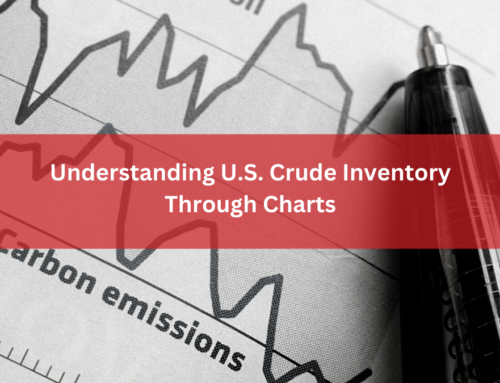The global shift from traditional energy sources like oil and coal to renewable energy presents a complex landscape for investors. As nations and corporations align with the Paris Agreement’s objectives to mitigate climate change impacts, significant investment has been channeled into renewable energy projects. While necessary, this transition is fraught with risks and rewards, shaping a new paradigm in energy investment.
Understanding the Energy Transition
The energy transition refers to the global energy sector’s shift from fossil-based energy production and consumption systems — including oil, natural gas, and coal — to renewable energy sources like wind, solar, and hydro. This shift is not just a matter of replacing one energy source with another; it involves a comprehensive transformation of the world’s energy systems. This includes technological changes, regulatory frameworks, market structures, and energy storage solutions to reduce carbon emissions and combat climate change.
Financial Risks
Investing in the energy transition carries several financial risks that are important for investors to consider. Firstly, the regulatory risk is significant. Governments play a crucial role in shaping the energy market through policies, subsidies, and tariffs. Changes in these policies can have unpredictable impacts on investments in renewables. For example, a shift in government could lead to subsidy changes, potentially harming the profitability of renewable energy projects.
Technological risk is another concern. The energy sector is in a state of rapid technological evolution. While this fosters innovation, it also means that today’s cutting-edge technology might become obsolete tomorrow, potentially devaluing current investments. Moreover, as renewable technologies evolve, initial investments in older technologies might yield a different return.
There is also market risk. The prices for renewable energy technologies and the commodities they require, like rare earth metals, can be highly volatile. Additionally, integrating renewable energy into existing grids presents challenges, potentially leading to inefficiencies and additional costs.
Financial Rewards
Despite these risks, the rewards of investing in renewable energy can be substantial. The most direct reward is the economic return from investments in a rapidly growing sector. Global renewable energy investments continue to increase, with significant capital inflows from both private and public sectors. This growth is bolstered by improving the cost-competitiveness of renewables compared to traditional fossil fuels.
Tax incentives and subsidies offer financial returns to investors. Many governments provide fiscal incentives to encourage the development and integration of renewable energy, which can enhance the profitability of investing in this sector.
Investing in renewables also aligns with sustainable and responsible investment principles, which can enhance an investor’s image and fulfill their corporate social responsibility goals. This alignment can attract customers and investors who prefer to engage with environmentally conscious businesses, potentially increasing shareholder value.
Expert Insights
David Rewcastle, a financial analyst at E3 Research Associates in Darien, CT, emphasizes the strategic dimension of investing in renewables. “The energy transition represents a profound market shift. Traditional energy companies that embrace this shift can see an enhancement in their market valuation,” he notes. According to Rewcastle, companies that proactively adapt to the energy transition may benefit from first-mover advantages in emerging markets and technologies.
Strategic Approaches to Investing
Investors looking to engage with the energy transition must adopt a strategic approach. This involves due diligence and a balanced portfolio with traditional and renewable energy investments to hedge against volatility. Additionally, staying informed about technological advancements and regulatory changes can provide critical insights and help investors make timely decisions.
Conclusion
The transition to renewable energy is an irreversible trend powered by the urgent need to address climate change. For investors, the journey is lined with both opportunities and obstacles. Understanding these elements and engaging with experts like David Rewcastle can provide valuable perspectives that help navigate this complex landscape. As with any investment, a thoughtful and well-informed approach will be crucial in leveraging the potential of the energy transition for substantial financial gains.

David Rewcastle of Darien, Connecticut, is an Equity and Fixed Income Analyst with a background in Finance and Middle East Studies






Leave A Comment